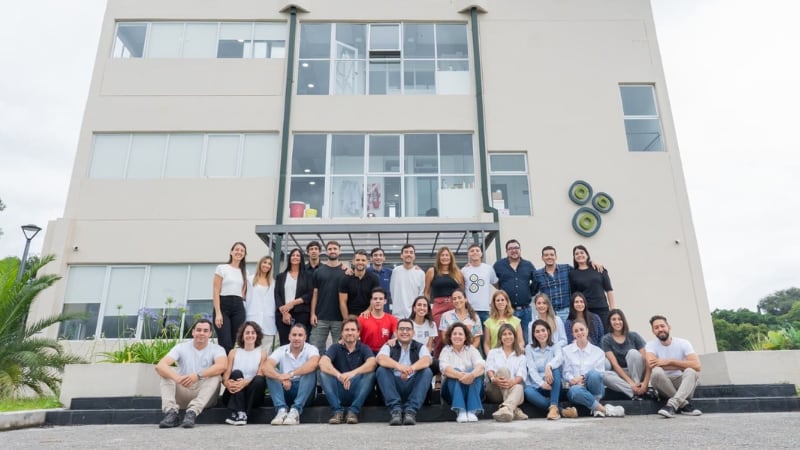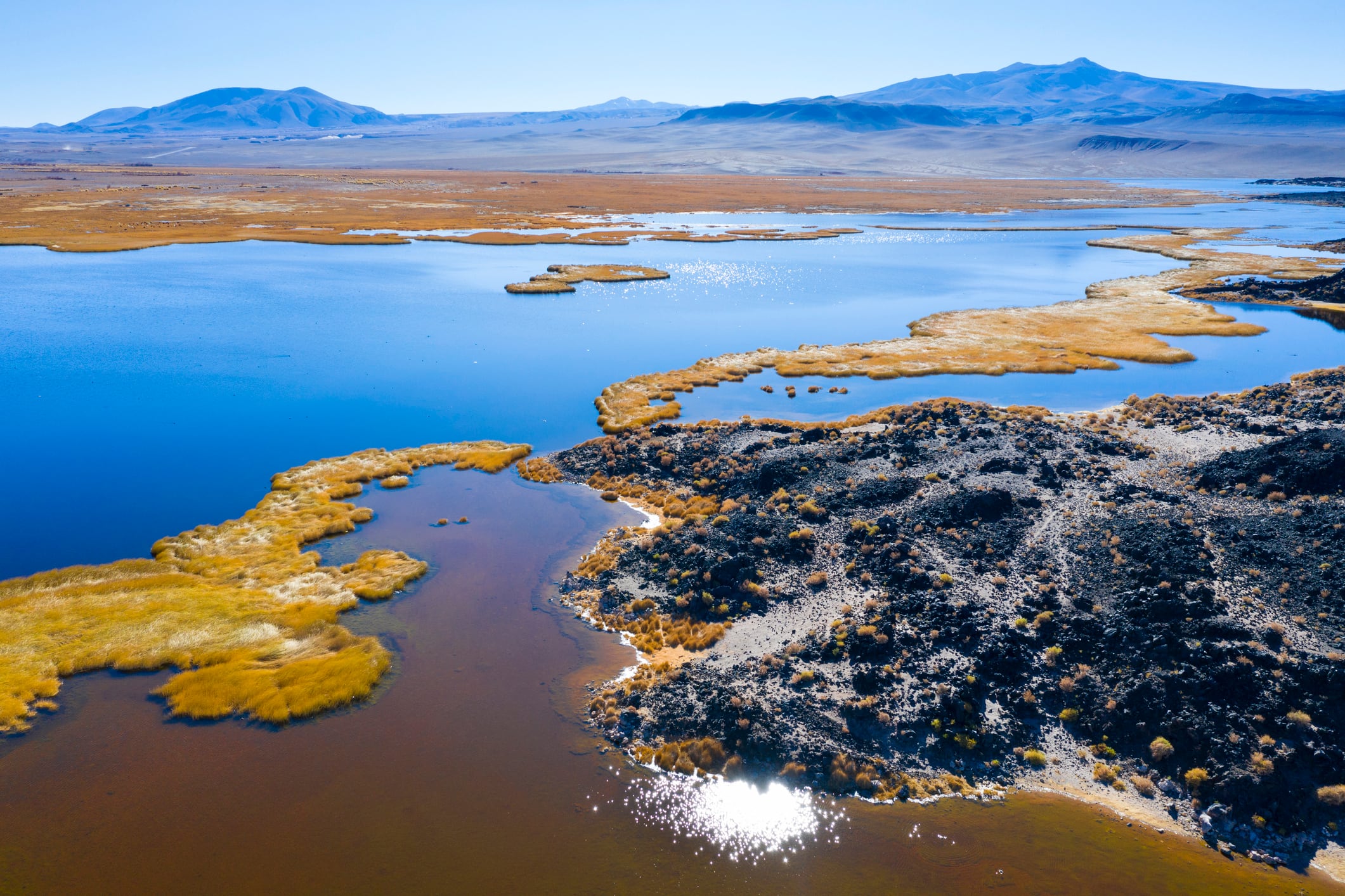Argentinian ag biologicals start-up Puna Bio projects that it will hit profitability in three years with the help of global expansion plans, following the closure of the company’s Series A round that attracted big-name philanthropic investors like the Gates Foundation and seed and crop protection company Corteva.
Launched in 2020, Puna Bio currently operates in the bio-fertilizer and bio-stimulant space but is moving into the bio-control market with its Series A round, Franco Martínez Levis, CEO and co-founder of Puna Bio, told AgTechNavigator. The Series A round was led by At One Ventures and Builders VC with participation from Air Capital, GLOCAL, Grid Exponential, IndieBio, and SP Ventures.
Currently, Puna Bio offers two seed treatment microbial inoculants — Kanzama for barley and wheat and Kunza for beans, cotton, and soybeans — which are used in over 800,000 acres of farmland in Argentina and Paraguay, as the start-up seeks regulatory approval to move into the US and Brazil, Martínez noted.
As part of the Gates Foundation funding, Puna Bio will develop a cost-effective biofertilizer for smallholder farmers in Sub-Saharan Africa, Martínez said. Many smallholder farmers in Africa “are growing maize or sorghum without having access to fertilizer,” often due to logistics and cost reasons, Martínez explained.
The global expansion and new product offerings are expected to push the company over the breakeven point, as ag biologicals continue to grow in South America and around the world, Martínez noted. Puna Bio already scaled production of its extremophile microbe menagerie to 100,000 liters of capacity, he added.
“If we looked only at Argentina as a business unit, and we did not count the plans for expansion — either for other countries or other products — we would be in a situation where we are already past breakeven. We would be profitable. Obviously, being a startup in a growth stage right now, we are not profitable. We expect to be profitable in the next three years, counting all of our markets — that is the goal,” Martínez noted.
Hedging against climate change with ag biologicals
Growers worldwide are seeking solutions to mitigate climate change risks to crops, whether they are olive growers in Spain or wheat farmers in Brazil and Argentina, Martínez noted. Puna Bio’s extremophile bacteria have not only been shown to increase yield but can provide a hedge against droughts and extreme temperatures, he added.
As climate change risk intensifies, farmers are also facing commodity price volatility, which can compress margins, requiring growers to find innovative solutions to these problems, Martínez explained.
“Agricultural prices, particularly soybean, maize, or wheat, are overall low. So, that puts a lot of pressure on the margins of farmers worldwide and pressure on them being more efficient on their operations,” Martínez said.




